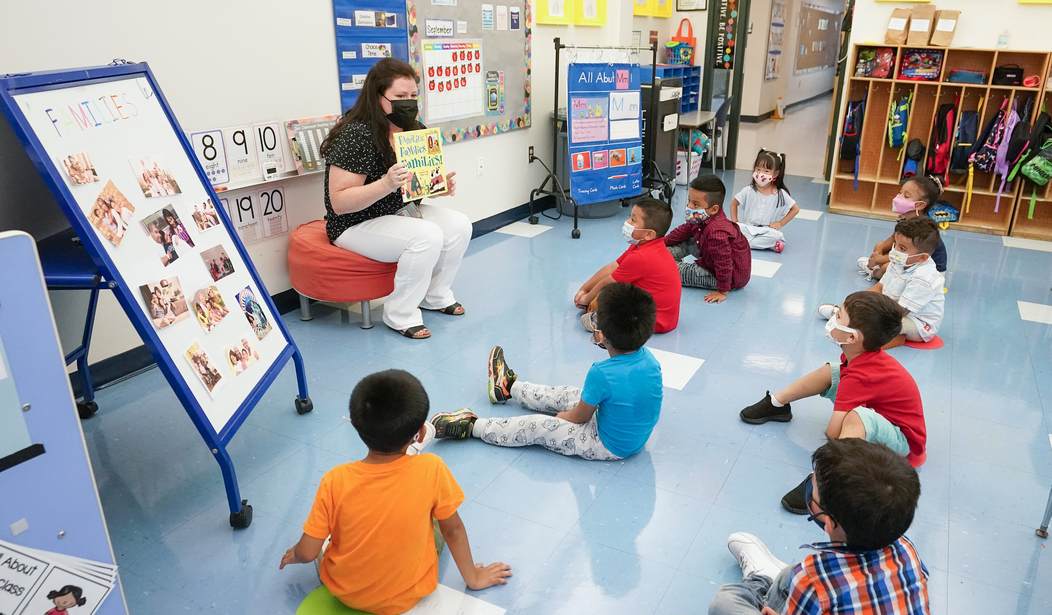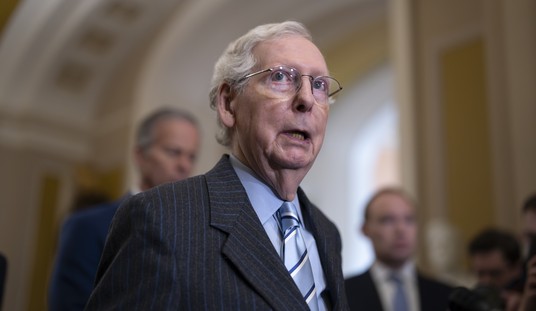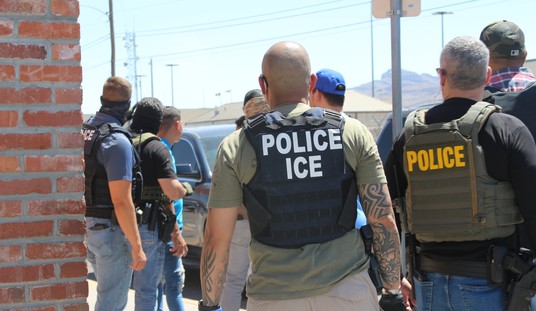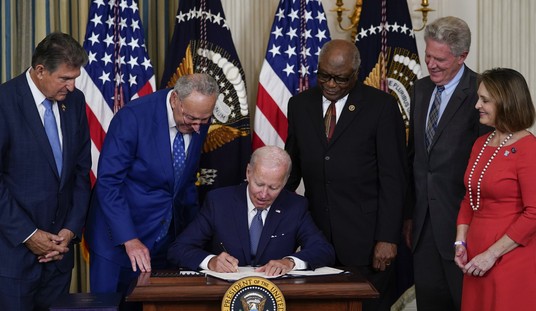After this week’s elections, some parents will have more school choice options while others will have more worries about the direction their public schools are headed. But regardless of where you live, more families than ever before will be looking for quality private schools for their children.
Private schools that teach the best of the Western Canon and train students in the proven skills of the seven traditional liberal arts–secular and religious–exist throughout the country. This education that parents crave for their children has become rare since 2020, when many deep-pocketed private schools fell victim to a Black-Lives-Matter narrative pushed by activists and ideologues bent on turning private schools into personal jobs programs - and dismantling academic standards and quality curriculum along the way.
Private school changes during 2020
While some private schools, especially many of the most elite schools, have always been progressive, most took a sharp left turn in earnest in 2020, in response to the 2020 Black Lives Matter protests and riots over George Floyd’s death.
The progressive slide at schools around the country in the weeks following Floyd’s death was shockingly similar. Activists and alums told schools that the apology letters schools posted for their part in “systemic racism” were not enough. School leaders hired diversity consultants as cover. Consultants used research from left-leaning college of education professors filtered through school associations such as the National Association of Independent Schools, to claim schools needed to institute sweeping changes to become more “diverse, equitable, and inclusive” and race-centered with a focus on race-based admissions, hiring, training, curriculum, and policies.
Many private schools, caught up in the racial reckoning mania of the summer of 2020, adopted these recommendations. Then they spent big bucks on new staff and education service providers and prioritized implementing these changes.
Recommended
Private schools double down in 2022
Once parents began to see “diversity, equity, and inclusion” in action they began asking questions. Is taking race into account in hiring and admissions fair? Does it ensure that the brightest candidates are in place? Does requiring training in pseudo-subjects such as “white supremacy” and “power and privilege” and implementing “affinity groups,” “bias response teams,” and speech codes help inter-race relations or academic performance? Is telling some kids they’re oppressors and others that they’re oppressed healthy? Does removing classic texts from the curriculum help student achievement? Is the classwork added in place of the classics–sexualized and social justice topics –education or indoctrination?
Most schools that made changes in 2020 know that their embrace of “diversity, equity, and inclusion” has compromised their academic mission. Many schools now are watering down their academic standards under the guise of student “wellness,” a broad term that is used to attack academic rigor in the name of student “well-being.” Examples include social and emotional learning (SEL), block schedules with fewer classes, no homework policies, “Equity grading” and modified graduation requirements.
When parents raised concerns, the schools doubled down. Schools told parents “maybe this isn’t the right school for your child anymore.” Schools changed student enrollment contract language to clarify that parental complaints could be cause for a student’s dismissal from the school. Some schools now require new parents to sign pledges and write statements in support of schools’ “diversity, equity, and inclusion” missions and agree to attend parental “training” sessions on the topic.
How to save schools and students
Private school parents saw that in 2020 schools were immediately responsive to activists’ complaints lodged on social media. Now, some private school parents are taking a page out of that playbook, creating websites to share their concerns and document the recent changes to their schools.
As legislators give parents increasing education freedom, it’s more important than ever that parents have quality private school options for their children. The good news is that most of the “diversity, equity, and inclusion” damage done in private K-12 schools is very recent and can be reversed once private school stakeholders–parents, trustees, donors, religious leaders–take a closer look at what’s going on in the classroom.
Mary Miller is Private School Advocacy Associate for Parents Defending Education
























Join the conversation as a VIP Member